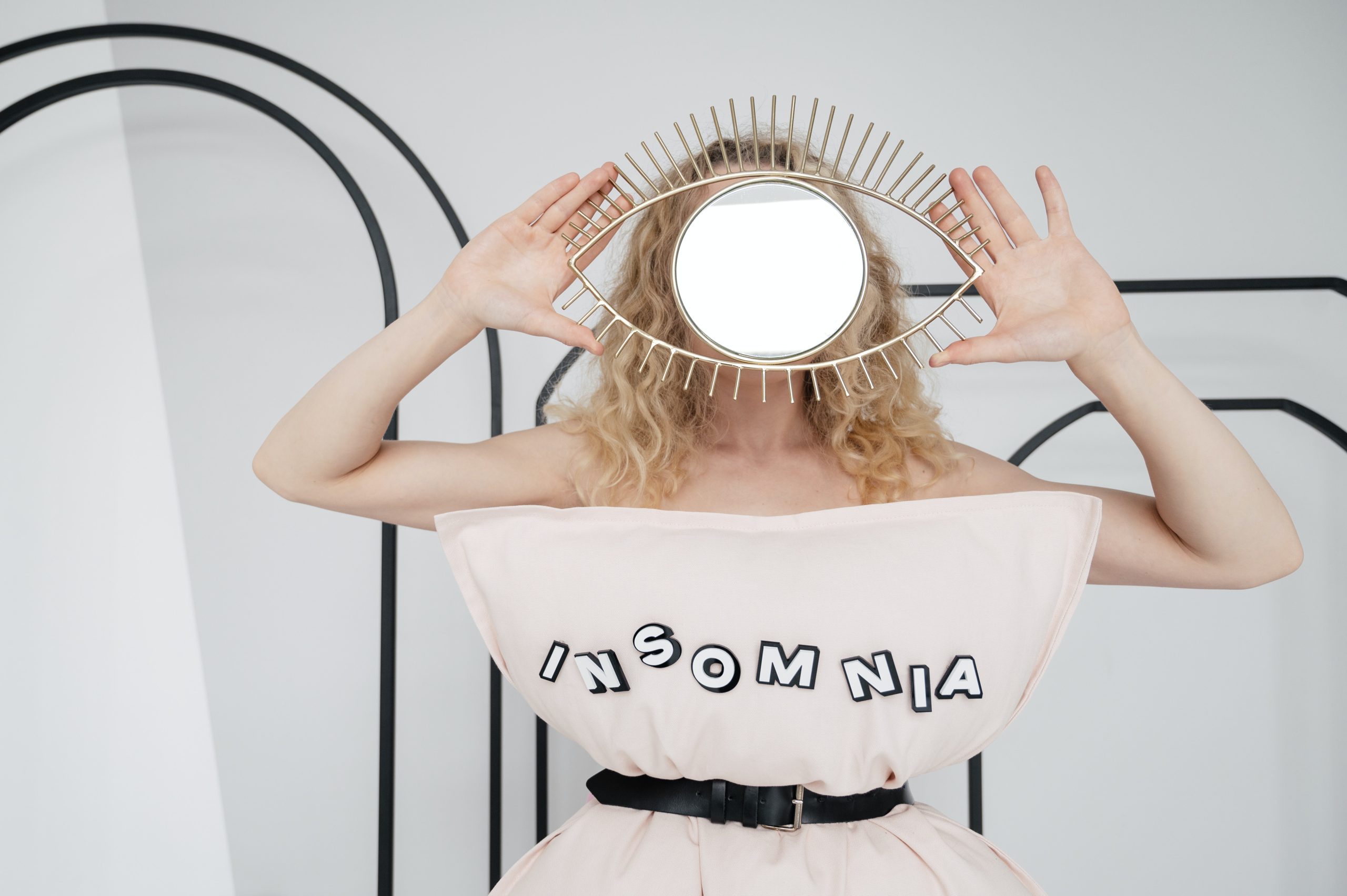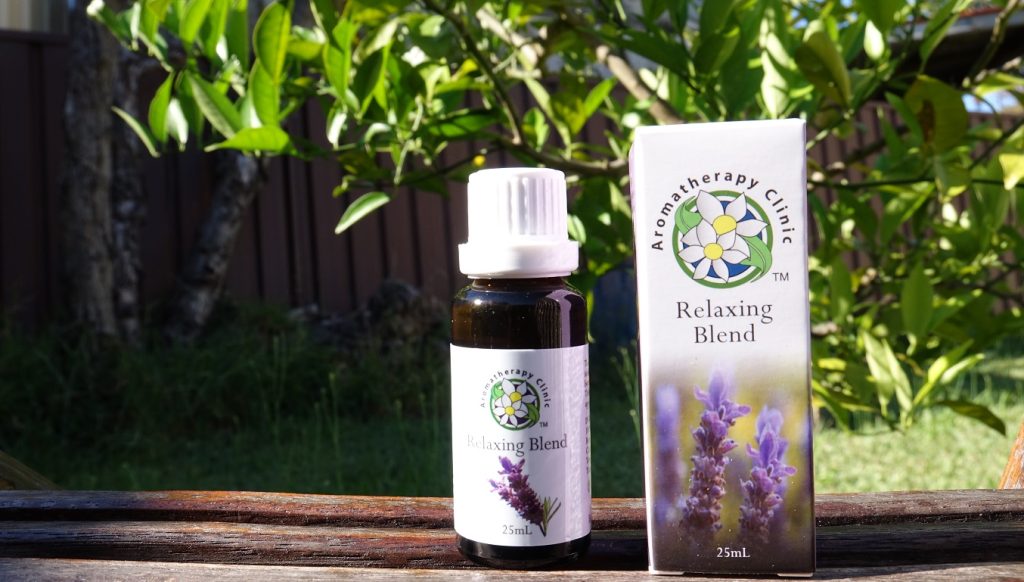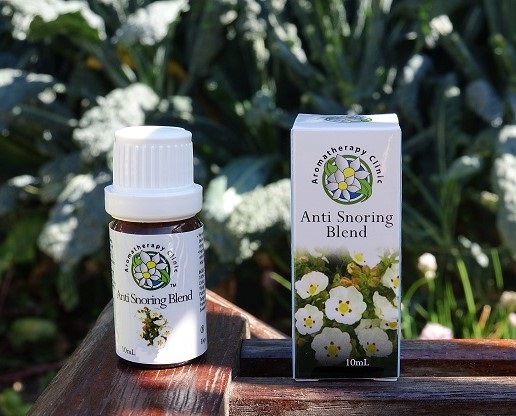
How To Sleep Better
Have you heard of sleep hygiene? It’s basically a healthy routine that you perform before bed to ensure you fall asleep quickly and stay asleep throughout the night. A good night’s sleep is achievable with just a few simple tweaks to your nightly routine.
The Power of Routine:
Our bodies crave consistency. Set a regular sleep schedule, going to bed and waking up at the same times each day, even on weekends. This regulates your internal clock, making it easier to drift off and wake up feeling refreshed.
Craft a Sleep Sanctuary:
Your bedroom should be a haven for slumber. Invest in blackout curtains or an eye mask to block light, which disrupts melatonin production. Keep the temperature cool and ensure the room is quiet and clutter-free.
Ditch the Tech:
The blue light emitted from electronic devices suppresses melatonin and tricks your brain into thinking it’s daytime. Power down phones, laptops, and TVs at least an hour before bed. Instead, opt for a relaxing bath, gentle stretches, or reading a book.
Befriend Exercise, but Not at Bedtime:
Regular physical activity promotes better sleep, but avoid strenuous workouts close to bedtime as they can be energizing. Aim for moderate exercise earlier in the day for optimal sleep benefits.
Fuel Your Sleep:
What you eat and drink affects your sleep quality. Avoid heavy meals, caffeine, and alcohol before bed. Opt for calming foods like chamomile tea, bananas, or almonds, and keep hydrated throughout the day.
The Magic of Aromatherapy:
Snorers often prevent themselves from having quality sleep because they wake themselves up during the night. Aromatherapy Clinic created the Anti Snoring Blend to reduce or eliminate snoring and provide you with the best quality sleep.
For insomnia and restlessness, Aromatherapy Clinic’s Relaxing Blend is the perfect natural remedy. Diffuse these pure essential oil blends in an oil burner or electric diffuser, apply directly to a small area of skin behind your ears or drip a few drops into your bath or shower before bed and you’ll notice the difference after a few consecutive nights of use.

By implementing these tips and prioritizing sleep hygiene, you can kiss those sleepless nights goodbye and wake up feeling rejuvenated and ready to conquer your day. Sweet dreams!
Note: If sleep problems persist, consult a doctor to rule out any underlying medical conditions.



